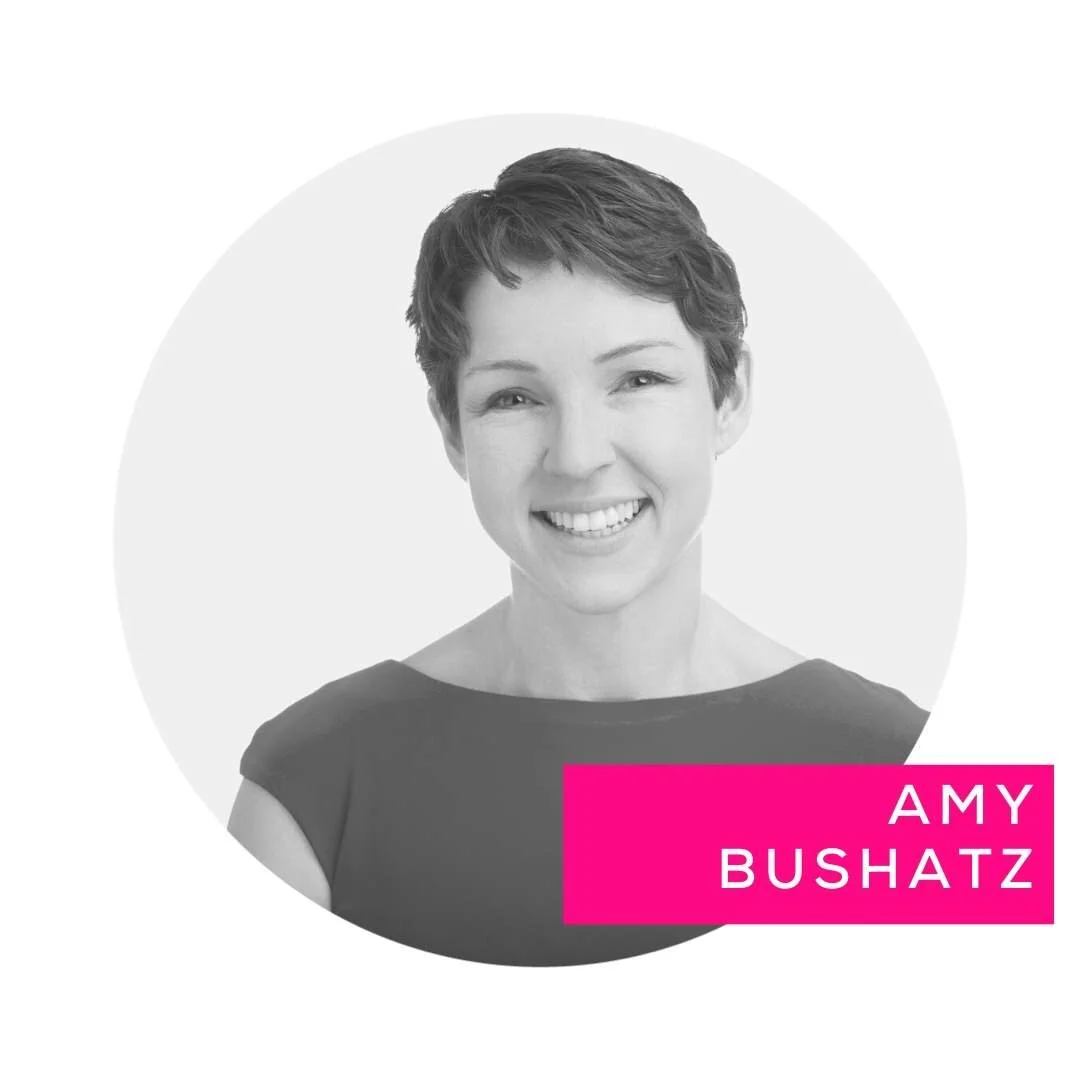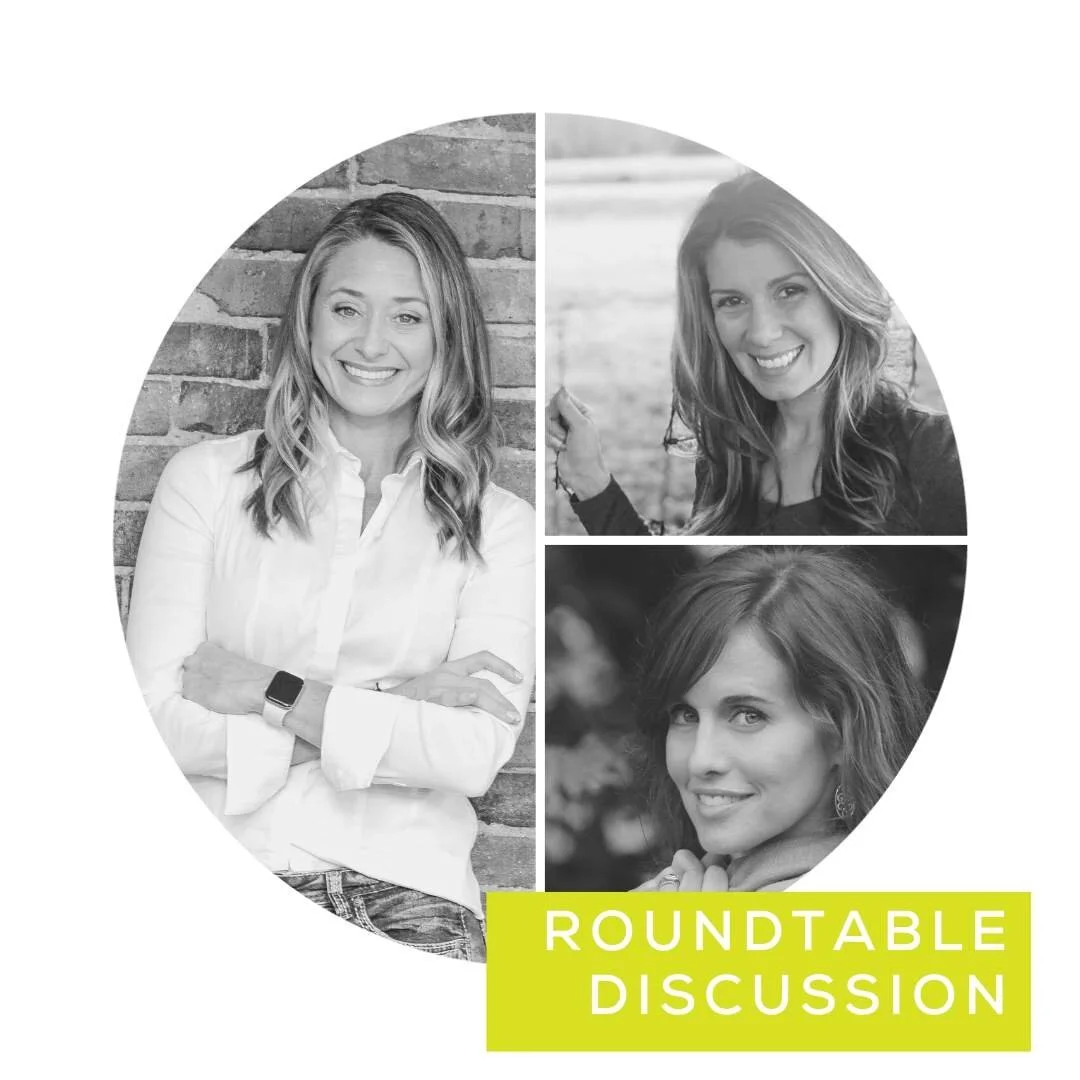“But as the differences were discussed, themes began to emerge that proved that we are more alike than we are different.”
The InDependent Wellness Summit is our annual, online event for all military and first responder spouses- past, present, and future. Learn more about the program here.
We’re already nearing the end of the InDependent Wellness Summit recaps, but if you’re like me, you’re not ready for the inspirational insight to stop! Luckily we have one more day of blogs to soak up thought-provoking ideas and ways of thriving in our own lives. If you missed Day 1, Day 2, or Day 3, make sure to check out the recaps before diving into today!
The first of today’s two topics focused on “transition,” and who better to speak about transition within military life than Military.com’s Amy Bushatz? All of us, regardless of whether we’re in the military or not, have experienced transition. We did it several times as we grew up and changed schools. We did it every year when we turned a year older. And if we’re in the military community, we do it every time we have to PCS somewhere new.
Transitioning out of the military though? That’s a whole new type of transition that some of us have yet to experience. For Bushatz and her family, their decision to get out of the Army rested on the health and healing of her spouse – who was dealing with unresolved trauma – and their family unit. As Bushatz shared, “The Army failed to equip us to understand what we had dealt with and how to deal with it better, and failed to help his commander to know what to look for. His commander failed to know how to help somebody who is having this kind of meltdown. I failed to understand what was happening in my house. My husband failed to understand what had happened and to take the time to work through it.”
>
“What I really admire about Bushatz and her family was the way in which they chose to persevere and how she decided to grow from the experience instead of letting it run her down.”
The Army lifestyle was no longer able to support them in living as healthy, happy, and productive humans. So they made the decision to leave. And while Bushatz was excited about leaving Fort Campbell and moving to Alaska, she was unprepared for the different challenges that would accompany moving to a new place and setting up a new life outside of the military. She suddenly realized she was no longer surrounded by a community of people with a shared experience. Her new neighbors and acquaintances didn’t understand “friendship speed dating” or some of the challenges her family faced. This, along with a sense of loss that comes from leaving friends, left Bushatz with unexpected grief.
I could feel Bushatz’s struggles through the interview. This was uncharted territory, for which they felt they were prepared and quickly found out they were not. But, what I really admire about Bushatz and her family was the way in which they chose to persevere and how she decided to grow from the experience instead of letting it run her down. She took time to think, reflect, and get the help she needed.
>
“How do we transition into a world where we’re proud of our service and owning that, and working through all of the burdens of that which go on [long after that transition]?”
She asked a question that I think every service member, first responder, and spouse should contemplate: “How do we transition into a world where we’re proud of our service and owning that, and working through all of the burdens of that which go on [long after that transition]?” For Bushatz, that meant seeking therapy, tapping into resources provided by organizations meant to support veterans, and getting outside every day. She took steps to eliminate any excuses for not getting outside every day, and then used her kids as well as social media as a form of accountability. Through these actions, she has found the connectedness, health, and healing she sought when her family moved to Alaska. Transitions aren’t always going to be easy, but there are ways for us to make them less hard. If you need help, reach out! There is strength in vulnerability.
Speaking of vulnerability, the second interview brought together Sarah Foster (first responder spouse) and Kristin Espinoza (civilian spouse) along with Corie to discuss something we’ve all heard and felt: the civilian-service divide.
As each woman shared her perspective and a bit of insight on what life looks like for them, it was clear that each community has different challenges. First responders are always “on,” civilians have to deal with way more local drama, and service members are constantly uprooting their families. But as the differences were discussed, themes began to emerge that proved that we are more alike than we are different. One of them Foster captured beautifully when she said, “I’ve realized how important it is to have people around you that can normalize what you’re dealing with so that you can do better in them.”
Even if you come from different “communities,” there are things all of us struggle with in life that are part of the human condition: feeling valued and worthy, relationships, raising and caring for children, and discovering who you truly are, just to name a few. Each spouse spoke on this topic in a different way, but all agreed that community with others – both those who are living the same lifestyle as you and those who are not – is crucial for feeling whole and connected.
>
“This interview was a great reminder that there are so many things that are unique to the civilian, military, and first responder lifestyles, but there are also so many things that are the same about the people within each of these communities. ”
The other theme that emerged from this roundtable discussion was the idea that we all struggle. Our struggles may look vastly different and we literally may not be able to comprehend the challenges of a different group of people, but we are all connected in the fact that we struggle. It’s a human condition.
When we can recognize that we all struggle in one way or another, and when we can find compassion and do our best to understand someone else’s struggle, that’s where we find meaningful connection. This takes vulnerability. This requires challenging our perceptions at times. This can cause discomfort and internal struggle. But if we can work through each of these challenges and approach all of our relationships with love, openness, and an authentic desire to show the other person we care, then there really are no barriers we cannot overcome.
This interview was a great reminder that there are so many things that are unique to the civilian, military, and first responder lifestyles, but there are also so many things that are the same about the people within each of these communities.
Day 5 Recap of the InDependent Wellness Summit is nearly here! I’m excited to share tomorrows interviewees and I’m sad that this summit is already coming to a close. Make sure to catch up on Day 1, Day 2, and Day 3 if you haven’t already! And don’t forget that buying an All-Access Pass (it’s currently 50% off!) means you’ll have access to these interviews all year! You can also still sign up for the free General Admission until Mar 14th and listen until they expire on March 15th.
Strength in Transition and Strength in Numbers were generously sponsored by InDependent and Corie Weathers, LPC. The InDependent Wellness Summit: Dimensions of Strength is presented by the USO.
ABOUT ALEXIS MILLER
Alexis Miller is the Director of Communications for Warriors at Ease, a 501(c)(3) non-profit dedicated to bringing yoga and meditation to the military community through a network of trained professionals and through free programs that support them in their health and healing. She’s also the writer behind the blog Wife in the Wild Blue Yonder, where she shares her travel and military life experiences with readers. Lastly, Alexis is a certified yoga instructor and specializes in bringing yoga and meditation to the Yokota Air Base community. When Alexis isn’t busy working, you can find her doing yoga, rock climbing, fly fishing or traveling.
CONNECT WITH ALEXIS
Instagram: @wifeinthewildblueyonder | Twitter: @Wife_BlueYonder | Facebook: @wifeinthewildblueyonder | Web: wifeinthewildblueyonder.com | Email: wifeinthewildblueyonder@gmail.com




